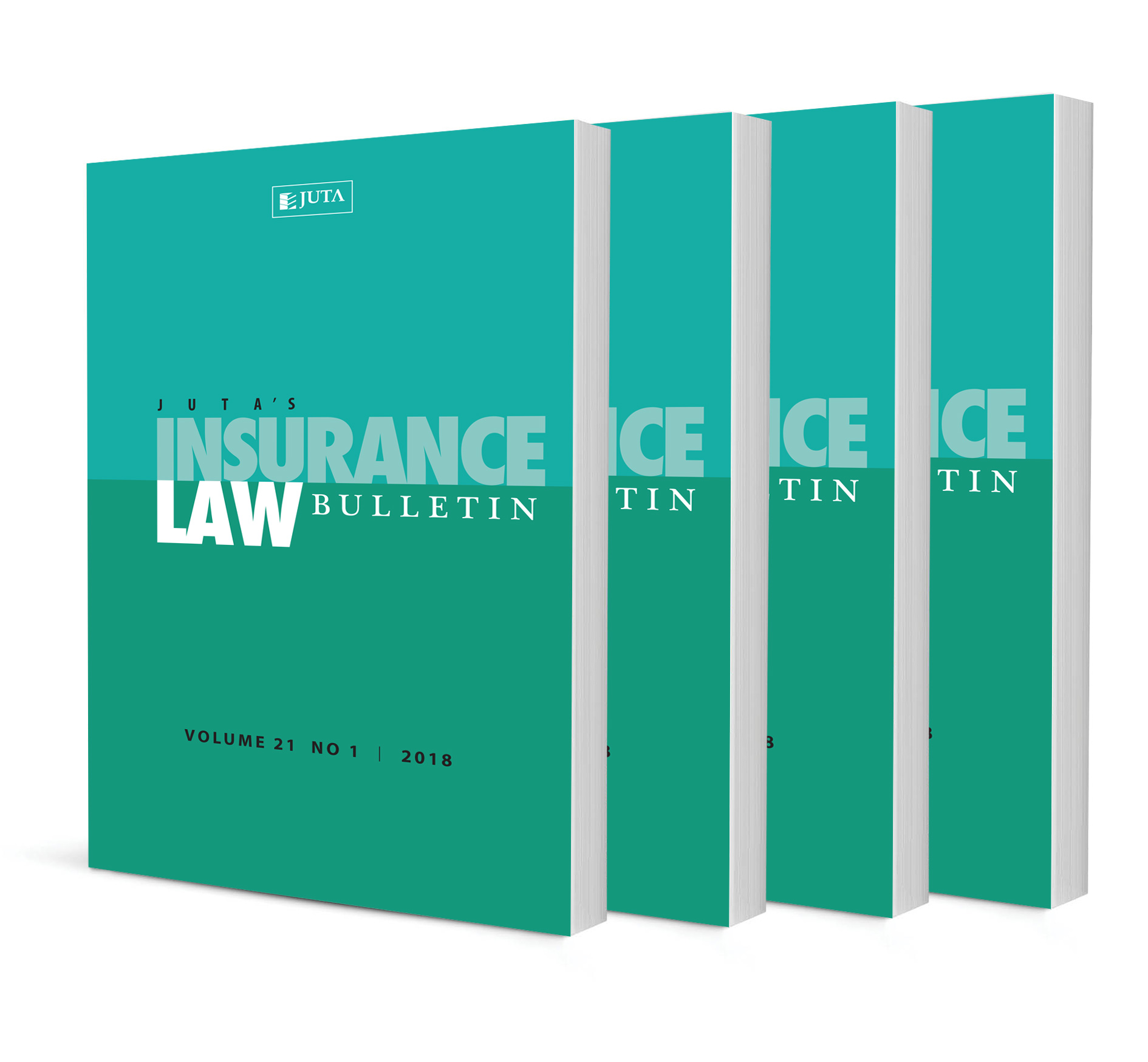Mapping Moral Rights: An Analysis Of What We Do Not Know About Section 20 of the Copyright Act 98 of 1978

Mapping Moral Rights: An Analysis Of What We Do Not Know About Section 20 of the Copyright Act 98 of 1978
Author: Lee-Ann Tong
ISSN: 1996-2185
Affiliations: Associate Professor, Department of Commercial Law, University of Cape Town
Source: South African Mercantile Law Journal, Volume 37 Issue 3, 2025, p. 332 – 361
https://doi.org/10.47348/SAMLJ/v37/i3a5
Abstract
South Africa implements art 6bis of the Berne Convention through s 20 of the Copyright Act 98 of 1978. However, although the moral rights of authors have been part of the law since the Copyright Act came into force, there is no statutory guidance as to their nature, scope and duration, amongst other things, and the few reported cases do not offer insight. There is much uncertainty about the implications of enforcing the rights of paternity and integrity and the legal writing presents conflicting views. This paper maps the state of the law related to moral rights in South Africa to provide a comprehensive statement on the actual state of the law and its gaps. This is done in two parts. The first section presents a detailed examination and evaluation of how s 20 implements art 6bis into South African law. The second section identifies and explores six aspects of moral rights which are not settled definitively; this includes the scope, duration and transferability of moral rights.
